Lower Income Residents of Extell’s ‘Poor Door’ Building Find Glaring Disparities
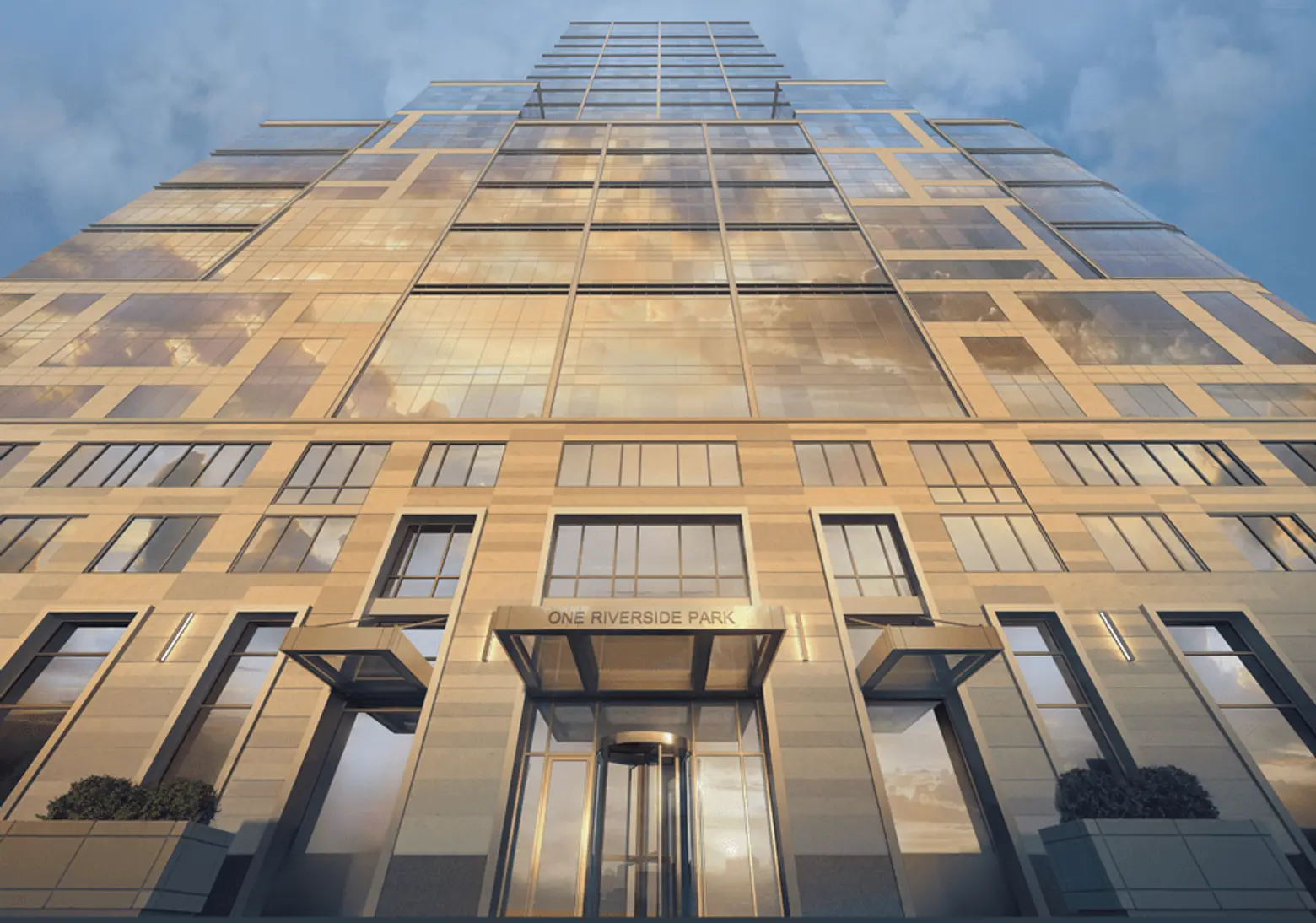
Image via One Riverside Park
After receiving 88,000 applications for 55 affordable apartments last February, the residents chosen from among them have been moving in to the rental side of the 33-story luxury building at Extell Development’s 50 Riverside Boulevard in Lincoln Square. The lower-income/luxury split sparked the heated “poor door” controversy due to the significant amenity differences and efforts to physically separate the two parts of the building (the rental, low-income portion of the building actually has a separate address of 40 Riverside Boulevard). Now, according to the Post, low-income tenants have been discovering that the differences are indeed notable.
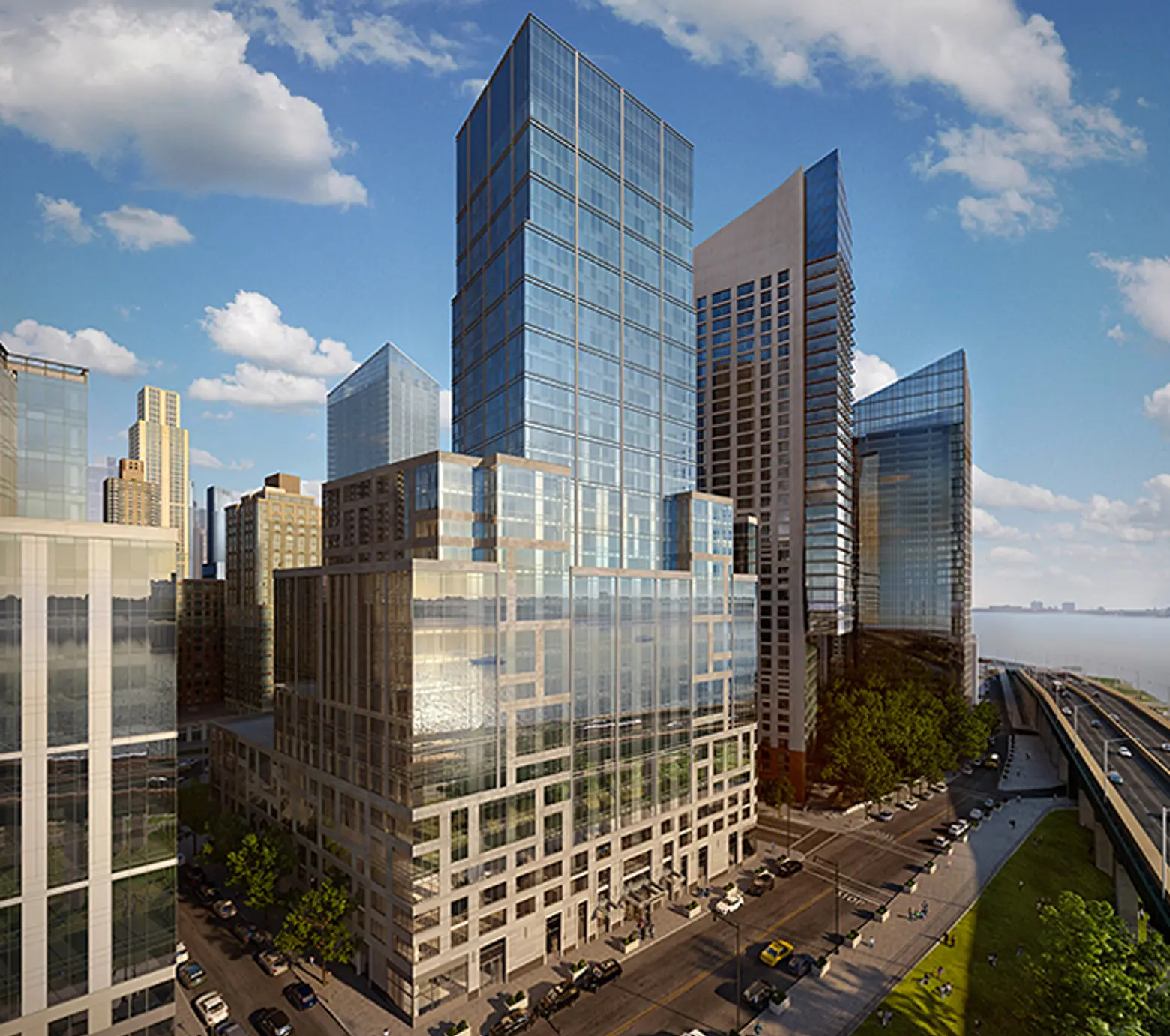
Via Wiki Commons
What gave the controversy its name was the plan to create separate entrances–on Riverside Boulevard for the “rich” side and West 62nd Street for the other–though the building was cunningly designed to appear as one singular residence. The inclusion of the low-income units allowed the developer to participate in the city’s 421-a tax-exemption program that means millions in tax savings and more development rights.
Luxury tenants living in the building’s 219 river-view condominiums that start at $1.3 million get two gyms, a pool, a movie theater, a bowling alley and a lavish doorman-attended lobby. Extravagant penthouse residences include seven-bedroom duplexes with private pools.
In contrast, many of the rental apartments overlook a courtyard that can only be accessed from the “rich” building. Though the new tenants have said they feel lucky to have found Upper West Side apartments with affordable rents, they’ve reportedly noted some additional disturbing disparities: Apartments lack dishwashers and the building has no doormen–and, apparently, there are no light fixtures in bedrooms and living rooms; there are complaints that the intercom system isn’t working.
Affordable units start at $833 for a studio; $895 one-bedroom; $1,082 a month for a two-bedroom (in a market where the average studio is priced at $2,691 a month). To qualify, a family of four must make less than $50,000 a year; $35,000 per year for an individual.
The “poor door” controversy led Mayor de Blasio to add a reform provision to the extended and altered 421-a tax abatement passed last year, banning developers from building a separate entrance for residents occupying cheaper, below market-rate apartments in their buildings or concentrating low-income tenants into their own section of a building. “Affordable units shall share the same common entrances and common areas as market rate units,’’ states the bill.
The Post quotes Assemblywoman Linda B. Rosenthal as saying that “No landlord should be allowed to tell a child that they are not able to walk through the same doors, or play in the same areas, as their neighbor.”
[Via NYPost]
RELATED:
Interested in similar content?
Leave a reply
Your email address will not be published.
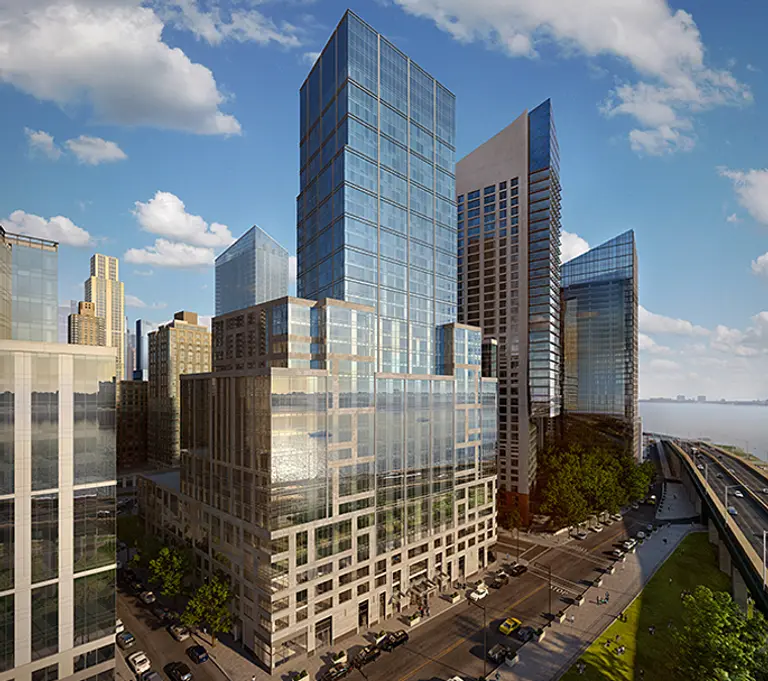
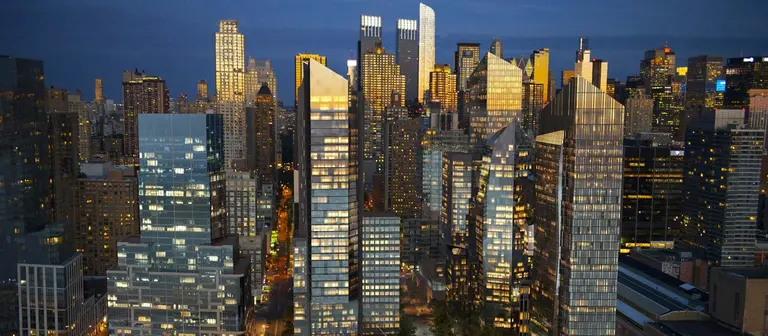






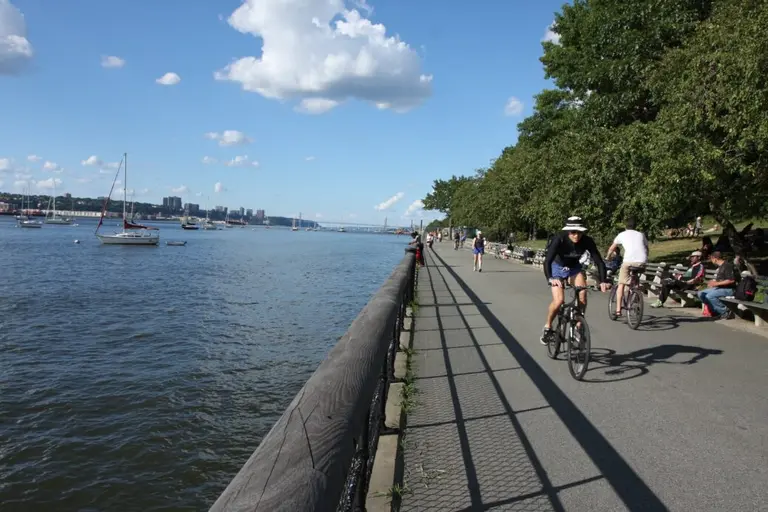
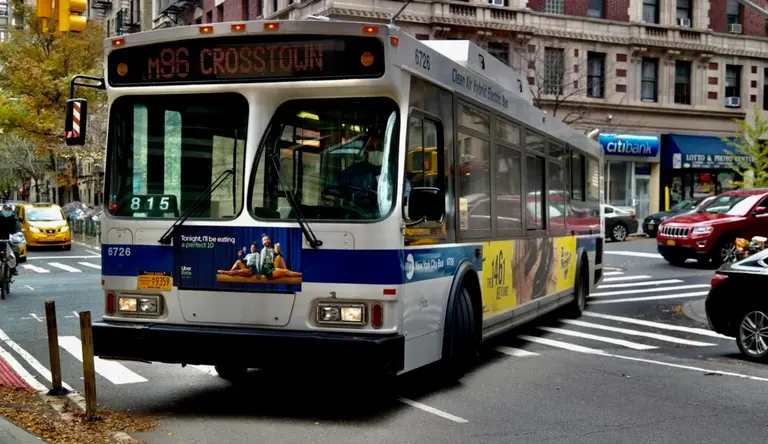


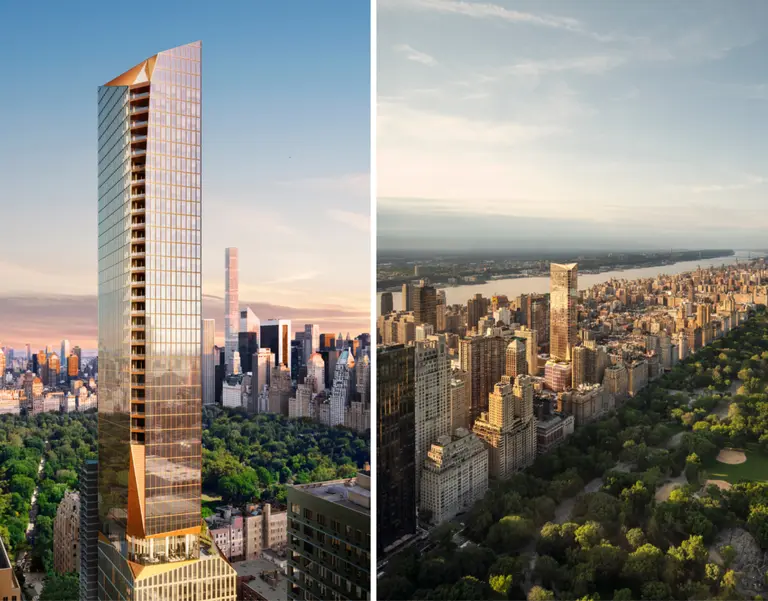
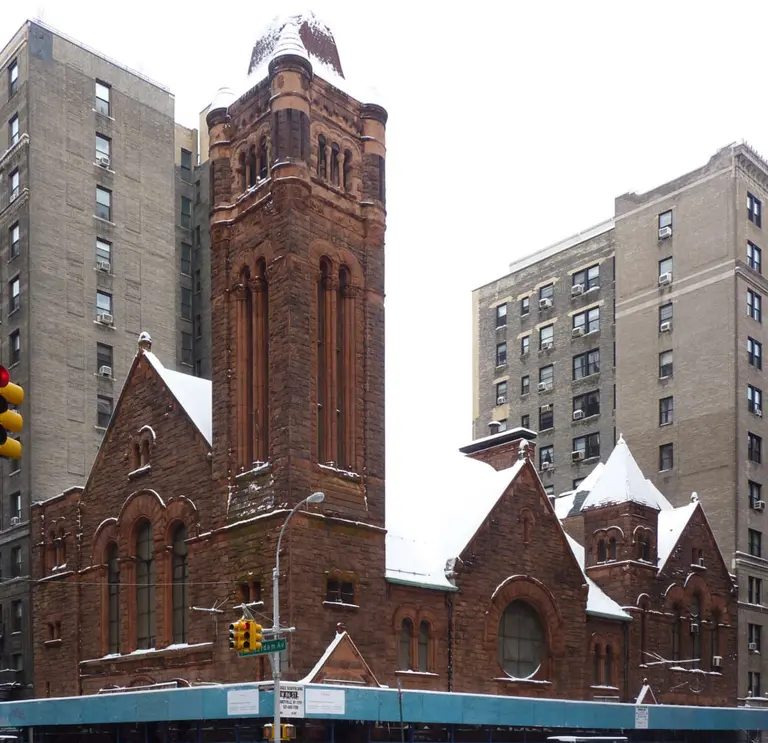
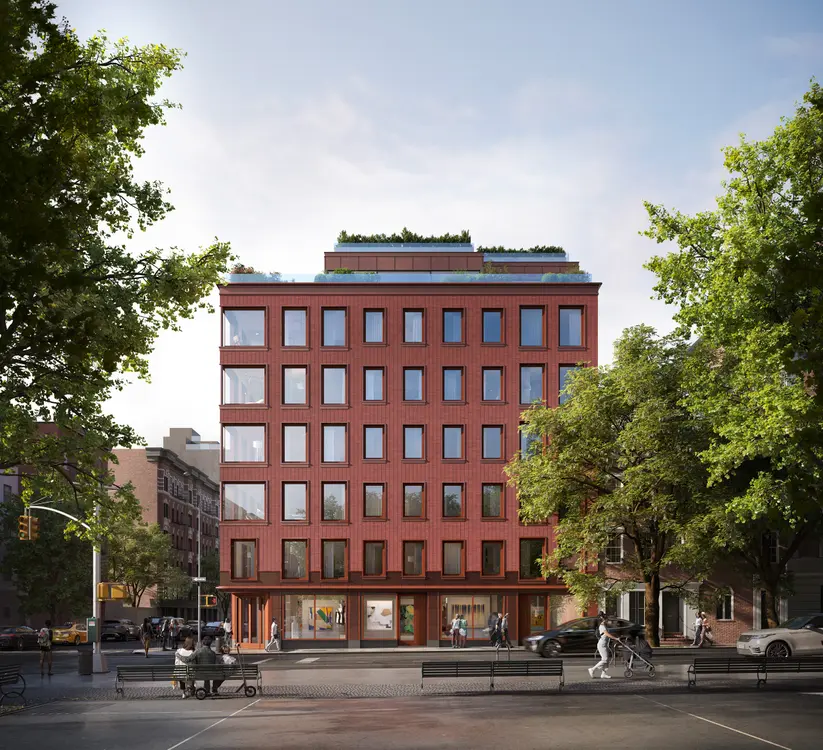









Maybe the owners and market-rate tenants would now like the subsidized residents to identify themselves by sewing large, yellow fabric stars on their outer garments to more easily identify them?
What’s next? Requiring subsidized renters to sew large, yellow stars on their outer garments to further identify them?
Why should affordable housing have the same amenities? They should be grateful they can live on the UWS for a fraction of the cost. It’s unfair for people who aren’t poor enough to have to pay alot more for the same thing.